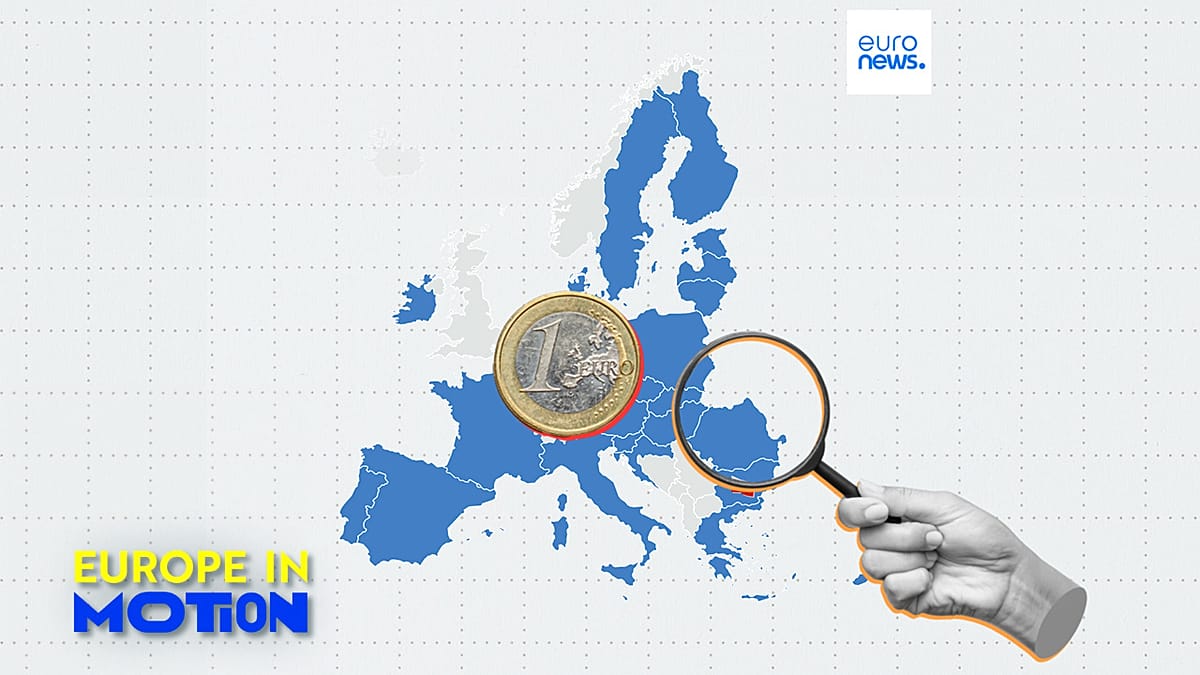
Total job listings nationally are still 0.8 percent lower than a year ago.
TradeMe Jobs head Nicole Williams said the South Island was powering ahead and leading the job recovery.
“The strong listing growth in regions like Southland – up a huge 25.1 percent – Otago – up 7.1 percent – and Canterbury – up 6.1 percent – is offsetting the quieter markets in our two biggest cities.”
Canterbury hit a record number of job listings in the quarter, rising 22.4 percent.
By contrast, major cities showed annual falls – Auckland down 5.9 percent and Wellington 6.8 percent lower.
Williams said job seekers were finding it tough, but believed the tide was turning, even if job seekers did not feel that way.
“The slowing decline in job listings and especially the 13 percent quarterly jump suggests the market is beginning to show some confidence coming into spring, which will be welcome news for job hunters.”
She said the number of applicants per job vacancy was also falling, another positive sign the market was starting to improve.
Industry hotspots, higher wages
Vacancies were strongest in sectors that relied on consumer activity and infrastructure spend.
Hospitality and tourism listings rose by 16 percent, construction and roading by 13 percent, and trades and services by 8.3 percent.
Williams said the jump in hospitality listings was good news for school leavers looking for entry-level jobs, with the number of applicants down on last year.
The roles that saw the most applications on the site were a pick packer and chief gaming officer in Auckland, dairy assistant in Waikato and Highlands Motorsport media maverick in Otago.
The average salary of advertised jobs was $72,820, up one percent on the previous year, but with wide variations depending on sector.
“This indicates that, for roles requiring specific skills, especially those seeing high growth, employers are prepared to offer a premium to secure the right people,” Williams said.
The top-paying sectors were in IT, finance and business analysts, averaging about $130,000, with manufacturing the weakest in the mid-$60,000 range.
Auckland, Wellington and the West Coast have the highest average salaries at just less than $76,000.














